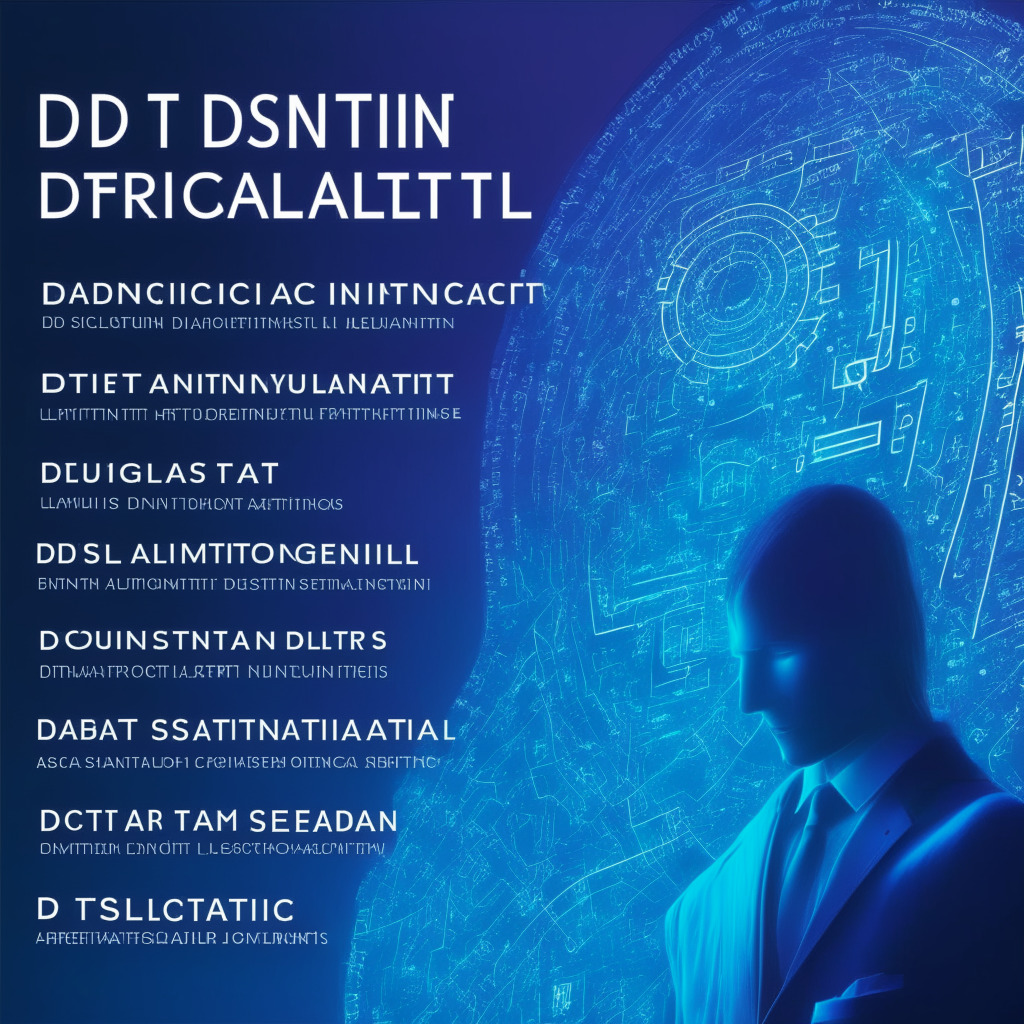The United States government, under President Joe Biden’s administration, has recently released a national standards strategy emphasizing the development of critical and emerging technologies. Among the eight prioritized areas are digital identity infrastructure and distributed ledger technologies (DLT), which are becoming increasingly significant in various economic sectors. The move showcases the increasing focus on blockchain and its potential applications in the US economic landscape.
Digital identity can be defined as the unique representation of a subject participating in an online transaction, as stated by the National Institute of Standards and Technology (NIST). While digital identities need to be unique within the context of specific digital services, they do not necessarily have to be distinct across all contexts. NIST, a federal agency responsible for coordinating government standards activities, plays an essential role in navigating the complexities of digital identity.
Distributed ledger technologies, such as blockchain, have become crucial in key sectors such as Know Your Customer (KYC) and Anti-Money Laundering (AML) compliance. As regulatory demands for AML compliance increase in the US and around the world, the use of blockchain-enabled KYC/AML solutions is gaining momentum. Innovative applications, like zero-knowledge KYC verification built on blockchain consensus mechanisms, have been developed to accommodate credit scoring, AML verification, and other critical information.
Advancements such as passporting techniques that use soulbound nonfungible tokens (NFTs) have been deployed to make off-chain identity accessible. As the White House unveils a more comprehensive list of Critical and Emerging Technologies (CET), it aims to inform strategies that bolster US technological competitiveness and address national security concerns.
Despite the increasing attention given to blockchain and digital identity technologies, concerns remain around their impact on privacy. Striking a balance between innovation and privacy is a challenge faced not only by the government but also the crypto industry, as they try to work in harmony towards common goals.
Through the national standards strategy, the White House seeks to protect US consumers and maintain the nation’s influential role in developing international standards. This strategy includes investing in pre-standardization research within the identified key areas. As part of this effort, the government is encouraging private sector and academic participation in this research and investing in training to ensure both integrity and inclusivity.
The Treasury Department’s Office of Financial Research leads the federal government’s endeavors in digital identity, digital assets, and distributed ledger technology – collaborating with international agencies and working to maintain a secure digital environment that benefits all stakeholders. As the US continues to prioritize the growth of blockchain and digital identity infrastructure, finding common ground between innovation and privacy will be critical for the nation’s success.
Source: Cointelegraph




